12. The Industrial Struggle
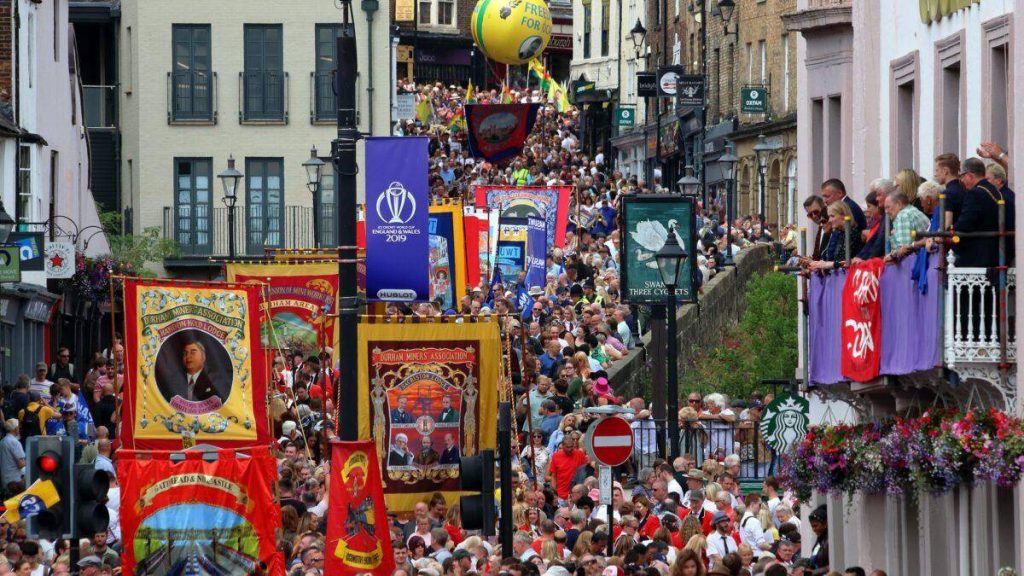
Early History It is important to remember that trade unions in Britain started out as illegal organisations, and that it was not through complying with anti-trade union laws, but persistent militancy, that they became gradually decriminalised from 1824. Trade unions then gained particular prominence during the Chartist movement which aimed to secure bourgeois democratic rights […]
11. The Communist Party
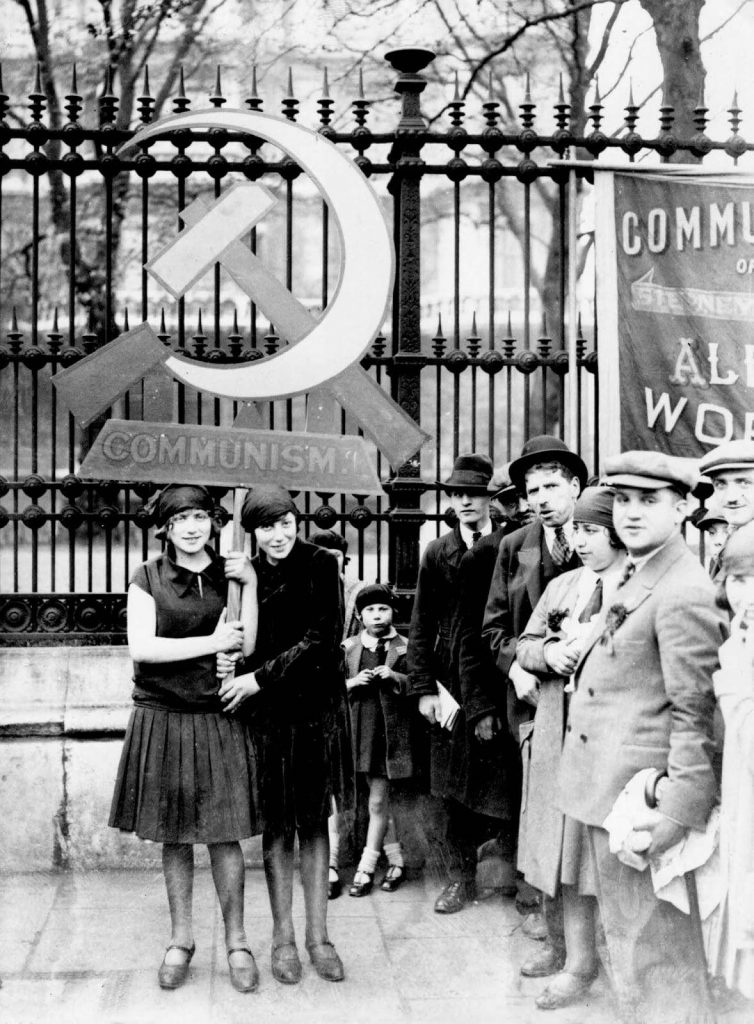
From the texts of Marx and Engels and their critiques of capitalism came one blinding need: To push back against the ever-encroaching force of the highly organised and united capitalist class, there must be an organised political force to coordinate workers’ struggles towards the primary goal of socialist revolution. To accomplish this goal, a Communist […]
10. The National Question
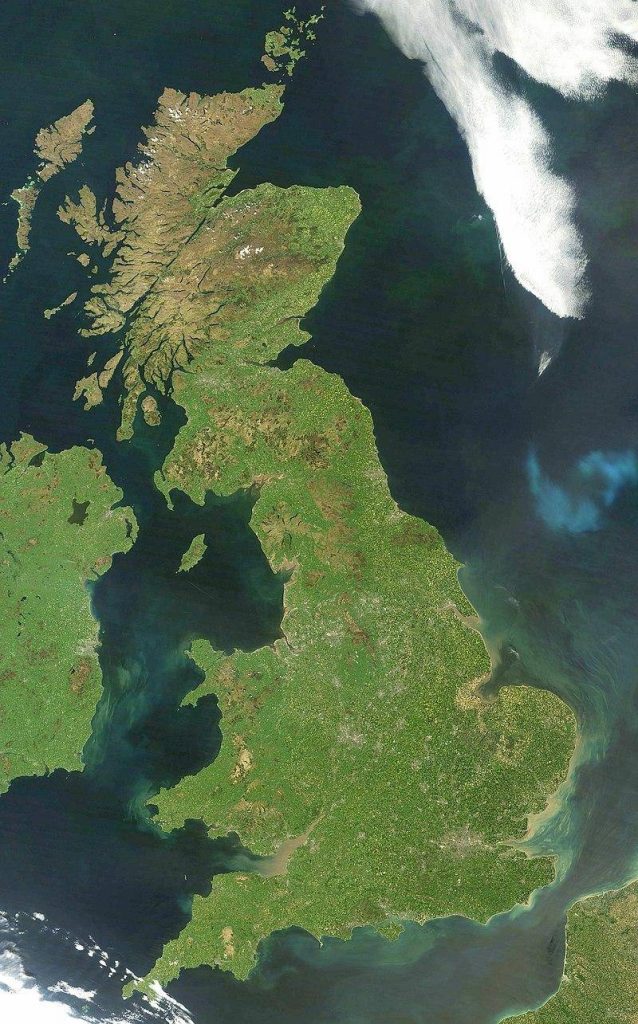
Stalin defined the nation in his essay Marxism and the National Question. For Stalin, an ethnic Georgian who would later go on to be appointed People’s Commissar for Nationalities in the early Soviet Union, a nation was “a historically constituted, stable community of people, formed on the basis of a common language, territory, economic life, […]
9. The State
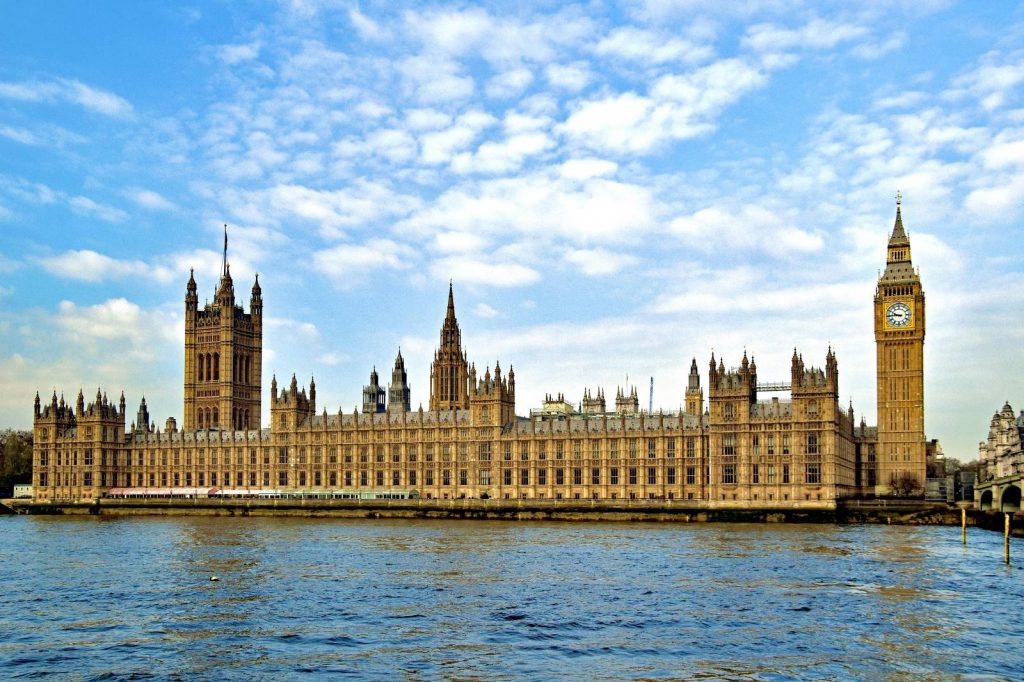
Many envision the state as an impartial force, standing “above classes” and representing the interests of all members of society equally. According to this belief, the laws, police, judges, armed forces, politicians, and cultural institutions under government control operate impartially, with no class allegiances. However, as Marxist-Leninists we challenge this misconception and understand that the […]
8. Class
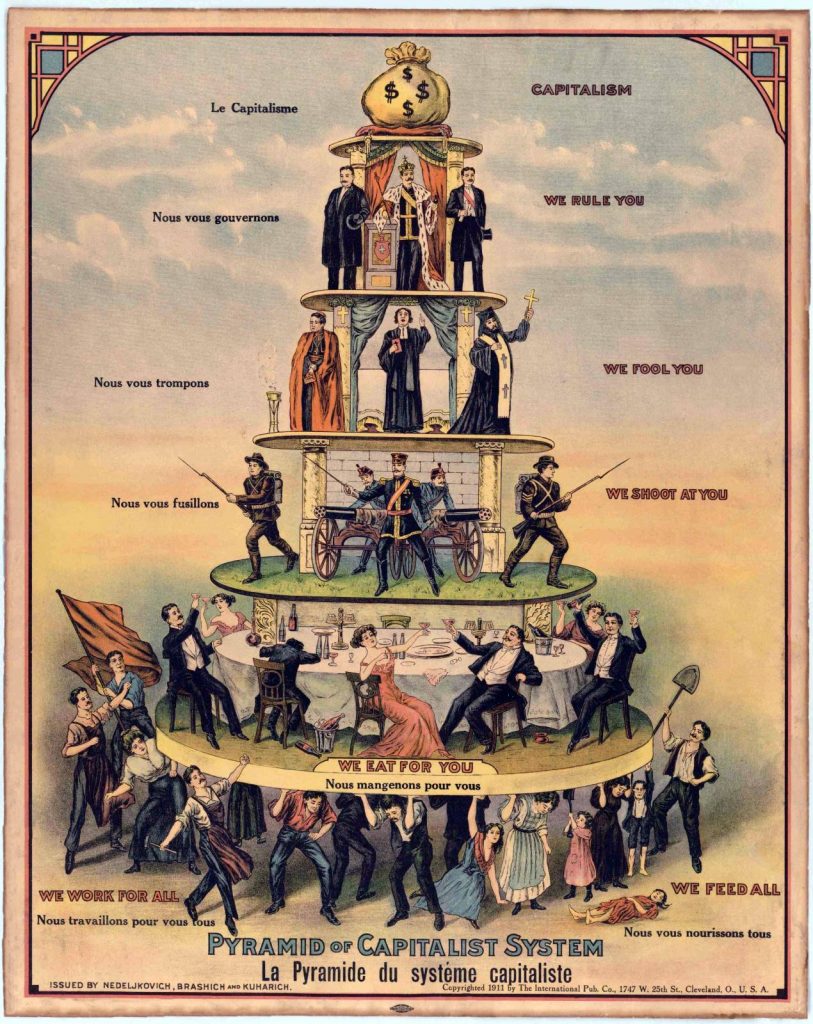
“The exploiting classes need political rule to maintain exploitation, i.e., in the selfish interests of an insignificant minority against the vast majority of all people. The exploited classes need political rule in order to completely abolish all exploitation, i.e., in the interests of the vast majority of the people, and against the insignificant minority consisting […]
7. Imperialism
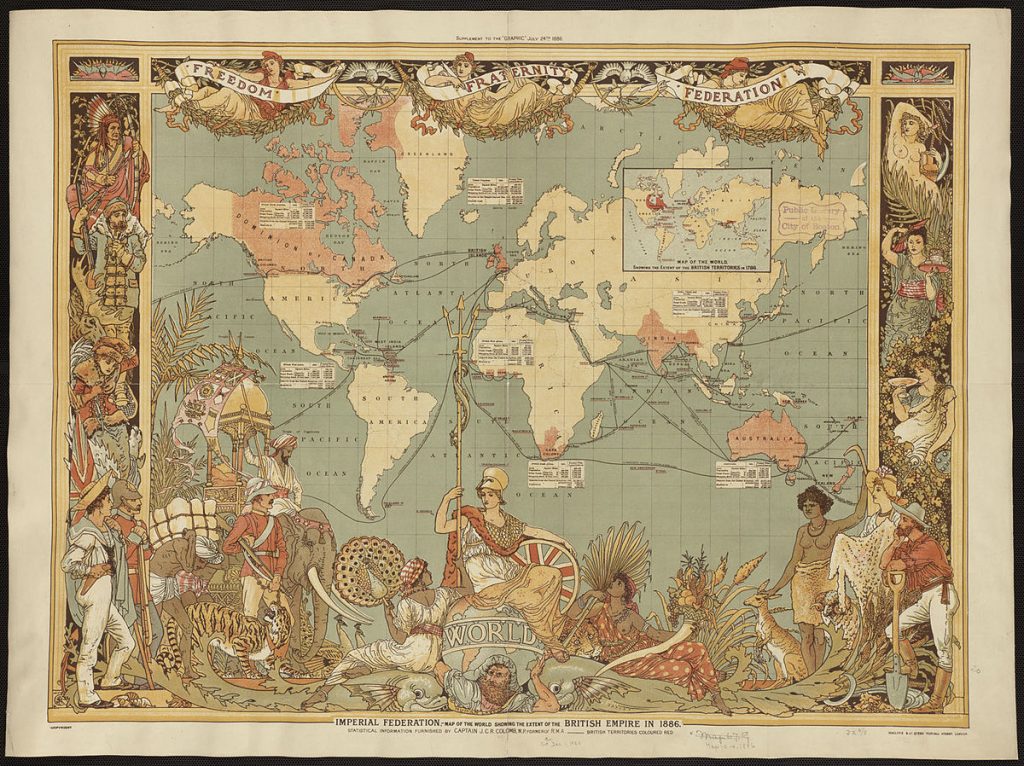
As we saw in the previous section, with the development of finance capital, industries in entire countries became united into large enterprises controlled by banks. Various producers joined forces, and the anarchy of competitive production within each nation was replaced by the formation of monopolies. In the early 20th century, some thinkers believed that finance […]
6. Finance Capital
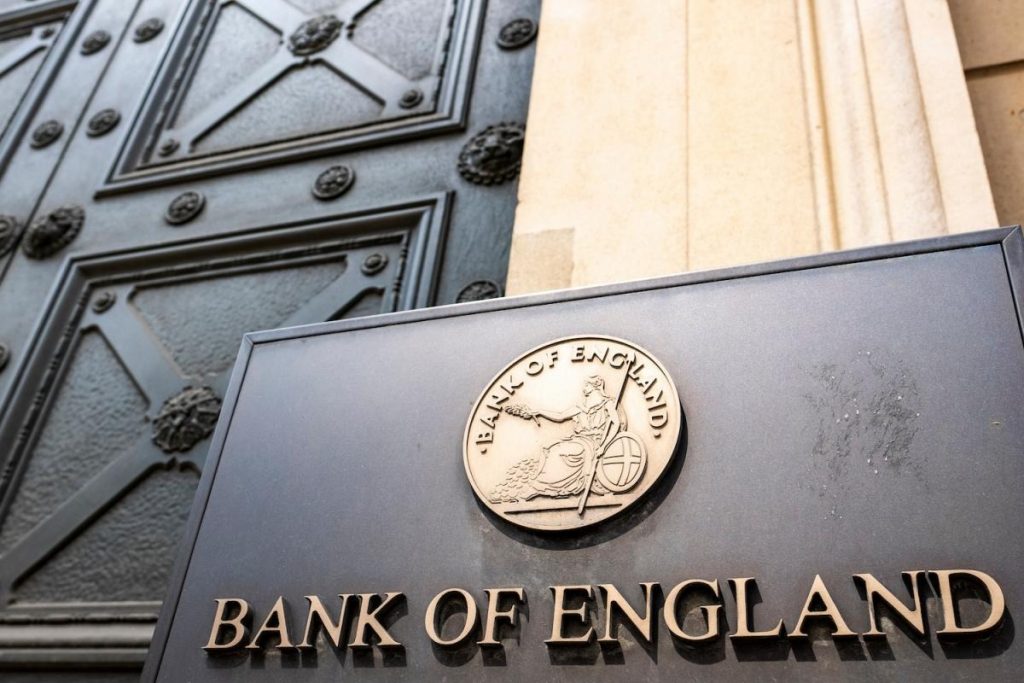
As monopolisation developed in the late 19th and early 20th centuries, small enterprises and shareholder companies were increasingly taken over by large capitalist combines, known as syndicates, cartels, and trusts. How did these combined enterprises form? In certain industries, the smaller capitalists were entirely “mopped up” until all that remained were a handful of large […]
5. Price and Profit

The surplus value produced by workers remains ‘locked’ in a product and is only realised when it is sold on the market at a price. Although this price tends to reflect the value (exchange value) of a given commodity, that is, the socially necessary labour time expended on it, this relationship is by no means […]
4. Value
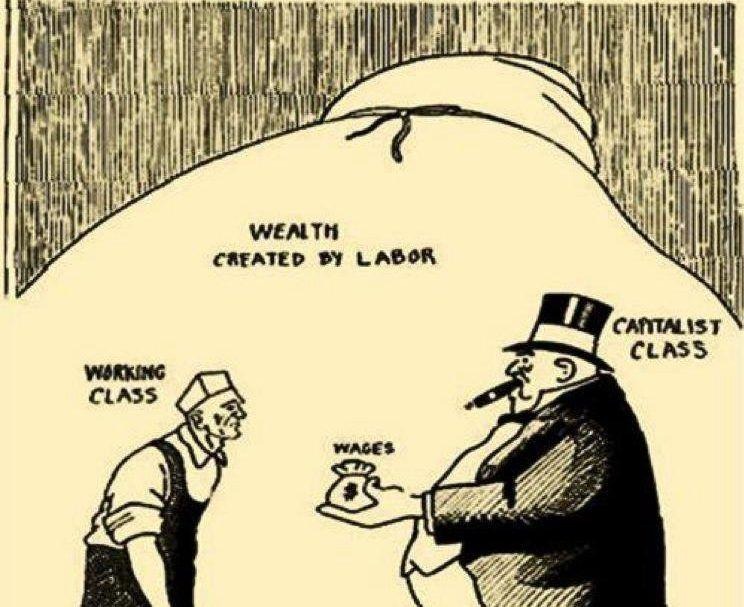
“Just as man is governed, in religion, by the products of his own brain, so, in capitalist production, he is governed by the products of his own hand.” ― Karl Marx, Capital: A Critique of Political Economy, Volume 1 Every material thing that can satisfy a human want or need has something called a “use-value”. […]
3. Historical Materialism
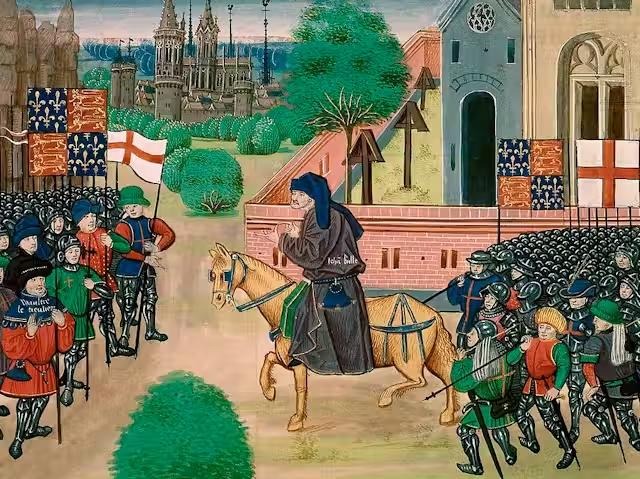
Understanding history correctly is crucial in order to chart a path forwards. Unlike bourgeois historians who often see history idealistically as driven by the ideas and actions of “great men”, or consider capitalism to be the “end of history” with no potentials for further advance, Marxist-Leninists apply dialectical materialist thinking to understand that history proceeds […]


